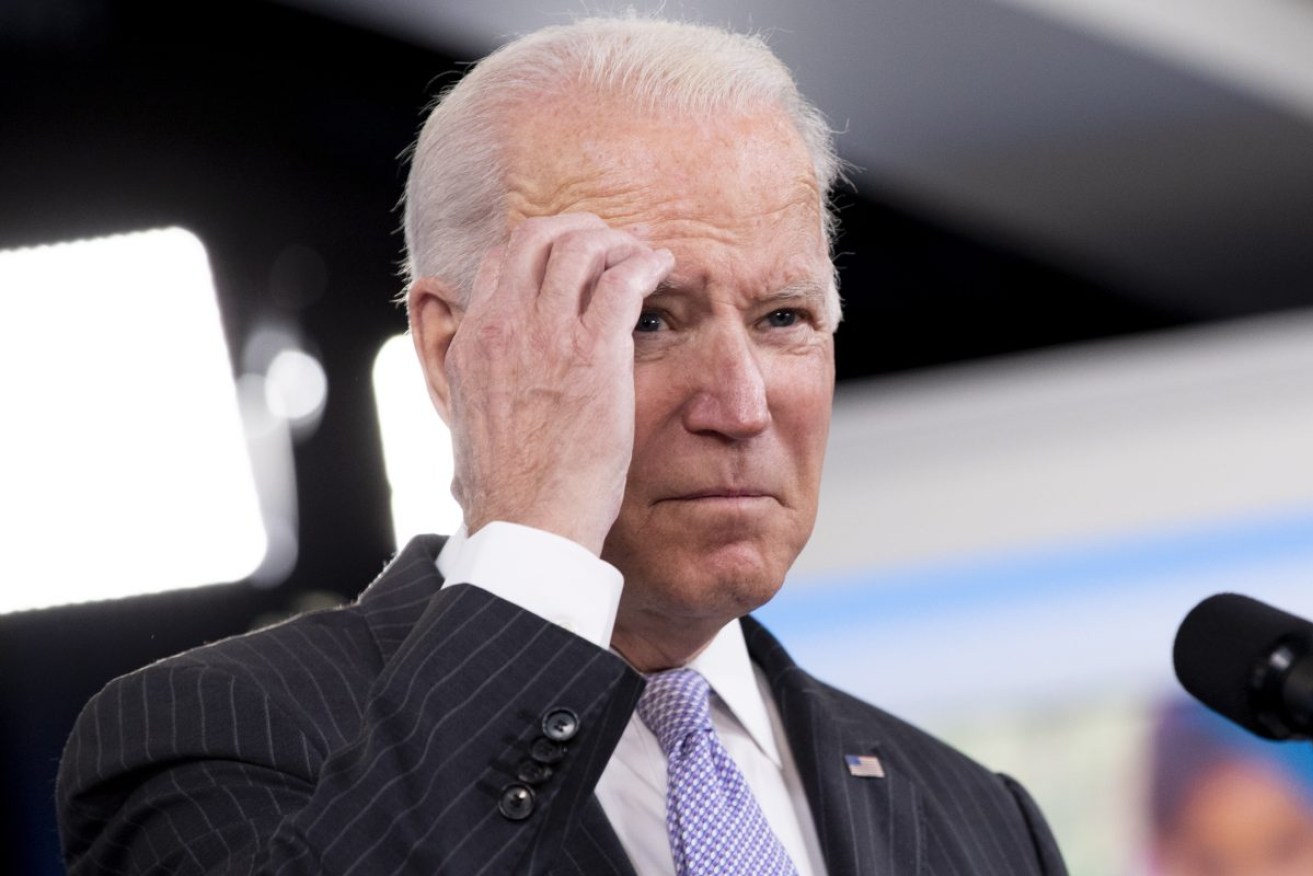Biden reveals brutal tariffs on Chinese imports, including 100 per cent on EVs
US President Joe Biden has unveiled a bundle of steep tariff increases on an array of Chinese imports including electric vehicles, computer chips and medical products, risking an election-year stand-off with Beijing in a bid to woo voters who give his economic policies low marks.

US President Joe Biden has turned 81, raising further questions about his ability to continue in the role. EPA/MICHAEL REYNOLDS
China immediately vowed retaliation, with its commerce ministry saying China was opposed to the tariff hikes and would take measures to defend its interests, urging the US to cancel the measures.
Biden will keep tariffs put in place by his Republican predecessor Donald Trump while ratcheting up others, the White House said in a statement citing “unacceptable risks” to US “economic security” posed by what it considers unfair Chinese practices that are flooding global markets with cheap goods.
The new measures impact $US18 billion ($A27 billion) in Chinese imported goods including steel and aluminium, semiconductors, batteries, critical minerals, solar cells and cranes, the White House said. The announcement confirmed earlier Reuters reporting.
The United States imported $US427 billion in goods from China in 2023 and exported $US148 billion to the world’s No.2 economy, according to the US Census Bureau, a trade gap that has persisted for decades and become an ever more sensitive subject in Washington.
“China’s using the same playbook it has before to power its own growth at the expense of others by continuing to invest, despite excess Chinese capacity and flooding global markets with exports that are underpriced due to unfair practices,” White House National Economic Adviser Lael Brainard told reporters on a conference call.
Even as Biden’s steps fell in line with Trump’s premise that tougher trade measures are warranted, the Democrat took aim at his opponent in November’s election.
The White House said Trump’s 2020 trade deal with China did not increase American exports or boost American manufacturing jobs, and it said the 10 per cent across-the-board tariffs on goods from all points of origin that Trump has proposed would frustrate US allies and raise prices. Trump has floated tariffs of 60 per cent or higher on all Chinese goods.
Administration officials said their measures are “carefully targeted”, combined with domestic investment, plotted with close allies and unlikely to worsen a bout of inflation that has already angered US voters and imperilled Biden’s re-election bid. They also downplayed the risk of retaliation from Beijing.
Biden has struggled to convince voters of the efficacy of his economic policies despite a backdrop of low unemployment and above-trend economic growth. A Reuters/Ipsos poll last month showed Trump had a 7 percentage-point edge over Biden on the economy.
Analysts have warned that a trade tiff could raise costs for EVs overall, hurting Biden’s climate goals and his aim to create manufacturing jobs.
Biden has said he wants to win this era of competition with China but not to launch a trade war that could hurt the mutually dependent economies. He has worked in recent months to ease tensions in one-on-one talks with Chinese President Xi Jinping.
Both 2024 US presidential candidates have sharply departed from the free-trade consensus that once reigned in Washington, a period capped by China’s joining the World Trade Organisation in 2001.
China has said the tariffs are counterproductive and risk inflaming tensions. Trump’s broader imposition of tariffs during his 2017-2021 presidency kicked off a tariff war with China.
As part of the long-awaited tariff update, Biden will increase tariffs this year under Section 301 of the Trade Act of 1974 from 25 per cent to 100 per cent on EVs, from 7.5 per cent to 25 per cent on lithium-ion EV batteries and other battery parts and from 25 per cent to 50 per cent on photovoltaic cells used to make solar panels.
“Certain” critical minerals will have their tariffs raised from nothing to 25 per cent.












